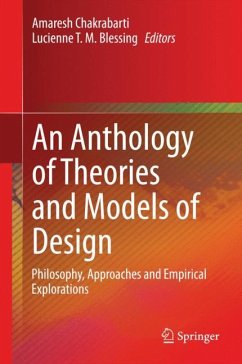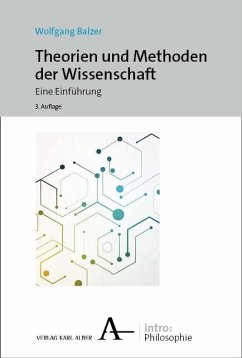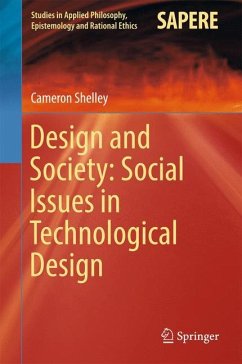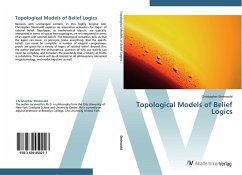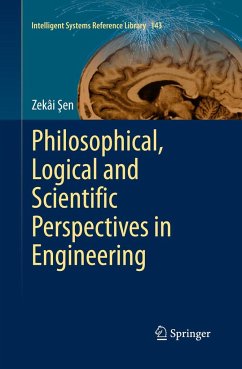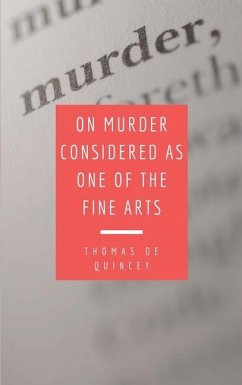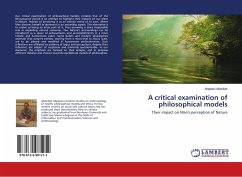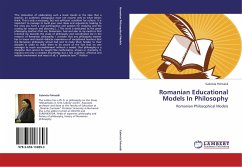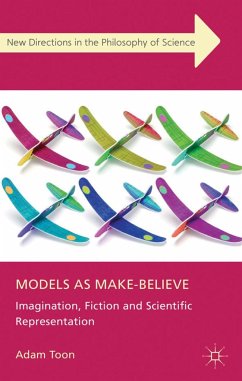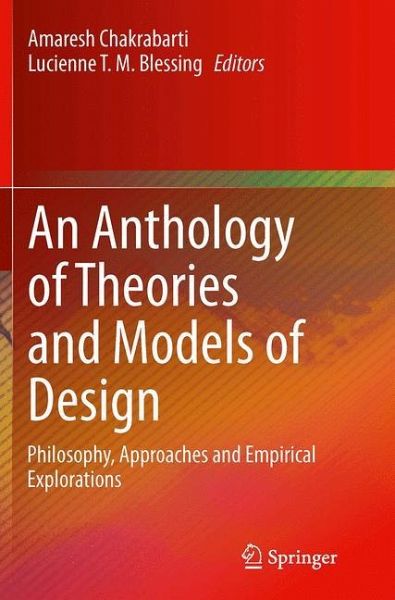
An Anthology of Theories and Models of Design
Philosophy, Approaches and Empirical Explorations
Herausgegeben: Chakrabarti, Amaresh; Blessing, Lucienne T. M.
Versandkostenfrei!
Versandfertig in 6-10 Tagen
113,99 €
inkl. MwSt.

PAYBACK Punkte
57 °P sammeln!
While investigations into both theories and models has remained a major strand of engineering design research, current literature sorely lacks a reference book that provides a comprehensive and up-to-date anthology of theories and models, and their philosophical and empirical underpinnings; An Anthology of Theories and Models of Design fills this gap.The text collects the expert views of an international authorship, covering:· significant theories in engineering design, including CK theory, domain theory, and the theory of technical systems;· current models of design, from a function behavio...
While investigations into both theories and models has remained a major strand of engineering design research, current literature sorely lacks a reference book that provides a comprehensive and up-to-date anthology of theories and models, and their philosophical and empirical underpinnings; An Anthology of Theories and Models of Design fills this gap.
The text collects the expert views of an international authorship, covering:
· significant theories in engineering design, including CK theory, domain theory, and the theory of technical systems;
· current models of design, from a function behavior structure model to an integrated model;
· important empirical research findings from studies into design; and
· philosophical underpinnings of design itself.
For educators and researchers in engineering design, An Anthology of Theories and Models of Design gives access to in-depth coverage of theoretical and empirical developments in this area; for practitioners, the book will provide exposure to theoretical and empirical foundations to methods and tools that are currently practiced as well as those in the process of development.
The text collects the expert views of an international authorship, covering:
· significant theories in engineering design, including CK theory, domain theory, and the theory of technical systems;
· current models of design, from a function behavior structure model to an integrated model;
· important empirical research findings from studies into design; and
· philosophical underpinnings of design itself.
For educators and researchers in engineering design, An Anthology of Theories and Models of Design gives access to in-depth coverage of theoretical and empirical developments in this area; for practitioners, the book will provide exposure to theoretical and empirical foundations to methods and tools that are currently practiced as well as those in the process of development.



